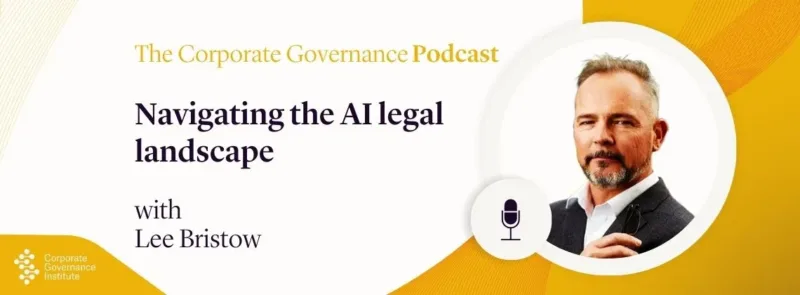Thought Leadership
The courage to learn is a quiet superpower in leadership

The courage to learn is a quiet superpower in leadership development: the trick is overcoming the cultural barriers to keeping it up.
One of the most frustrating paradoxes in businesses is that the more senior you are, the more likely to are to refuse further learning. This isn’t universal, but it’s prevalent enough to cause serious problems.
The fundamental truth is that people can feel uneasy admitting what they don’t know, especially at the enterprise leadership level. Yet accepting that learning is an ongoing journey is a mark of foresight. It shows you accept something pretty fundamental about business: if the world changes around you, and you don’t, you’re in trouble.
Professionals often abandon learning—here’s why that’s risky
As careers progres and people reach positions of leadership, they fall into the trap of assuming they’ve “arrived”. From that point on, learning often fades from their to-do list. For a while, it might not seem like a problem, and then the risks start to come back to haunt them:
- They miss emerging market shifts, fuelled by years of disengagement from online learning communities. Because of this, they fail to spot disruptive innovations or evolving consumer trends.
- They fall behind on compliance, missing or ignoring key new laws which ask a lot more of corporate leaders. By the time they realise these new expectations, they are already so behind that the pressure to catch up is enough to force them from their position.
- They lose network access, suffering from a diminishing list of colleagues as they move on and retire. Continuous learning is a key way to keep a contacts book (and access to key insights) alive.
- They suffer from weakened adaptability, failing to respond properly during times of crisis, because their information bedrocks are woefully out of date.
It’s funny really: many leaders think that to keep learning is a sign of weakness; what they don’t realise is that when lack of knowledge comes back to haunt them, it will probably convey more weakness than any other point in their career.
The courage to learn: a quiet leadership act
True courage in leadership comes with admitting that there are always things you do not know. This has to translate into action if you are to handle it properly, in other words, while it’s an important step to say you need training, it’s even more important to actually pursue it.
Culture is often the big enemy here. There’s no denying that some workplace environments – even entire industries at times – are hotbeds of toxic aversion to continued learning. Even if a leader screws up due to lack of knowledge, it’s somehow worse for that leader to have sought training beforehand.
The question for many people how to overcome this cultural barrier. How do they pursue training and handle the judgements and negative opinions which may follow. For this, remember the following:
- The cultural aversion to continued training may not be as prevalent as you think. Group setting might make it seem bigger than it is. In reality, all your close colleagues may value training just as much as you do.
- Learning can be as public or private as you want it to be.
- Good superiors (or stakeholders, if you’re on a board) will see continued learning as a positive indication that you’re committed to your job.
In summary
Curiosity gives leaders adaptability, insight, and connection. It enables creativity, builds engagement, and fosters resilience. When leaders invest in continual learning—especially through online learning and thoughtful exploration—they remain relevant, effective, and quietly powerful. That courage to keep learning, even out of the spotlight, is a superpower that never fades.





